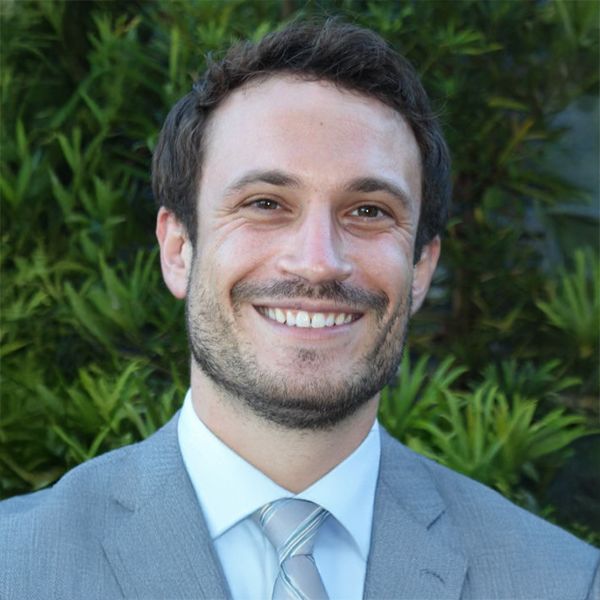2021 National Institutes of Health-PCF Young Investigator Award

Seeking Immunotherapeutic Synergy with Tumor-targeting Immunocytokines in Metastatic Prostate Cancer
Mohammad Atiq, MD
National Institutes of Health
Mentor: Ravi Madan, MD
2021 Michael and Patricia Berns-PCF Young Investigator Award

Investigating the Polyaneuploid Transition as a Mechanism of Therapy Resistance in Distant Site Metastases
George Butler, PhD
Johns Hopkins University
Mentor: Kenneth Pienta, MD
2021 Igor Tulchinsky-PCF Young Investigator Award

Investigating the Tumor Cells of Origin and Disease Progression Trajectories in Prostate Cancer
Sujun Chen, PhD
UHN / Princess Margaret Cancer Centre
Mentors: Housheng He, PhD, Paul Boutros, PhD, MBA
2021 Michael and Lori Milken-PCF Young Investigator Award

Improving the Utility of Polygenic Risk Scores and Rare Genetic Variants for the Prediction of Prostate Cancer in Men from Diverse Populations
Burcu Darst, PhD
Fred Hutchinson Cancer Research Center
Mentors: Christopher Haiman, ScD, David Conti, PhD
2021 Art Kern in Honor of Plum and Jonathan W. Simons, MD-PCF Young Investigator Award

Therapeutic Implications of Low PSMA PET Uptake in Castration-Resistant Prostate Cancer
Ivan de Kouchkovsky, MD
University of California, San Francisco
Mentor: Rahul Aggarwal, MD

